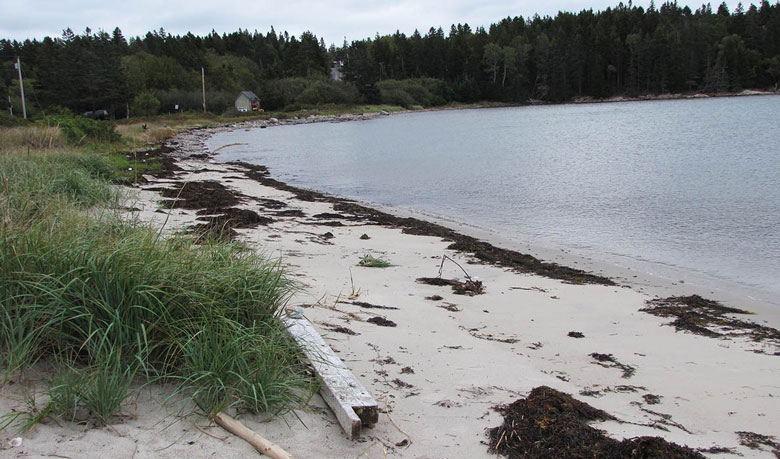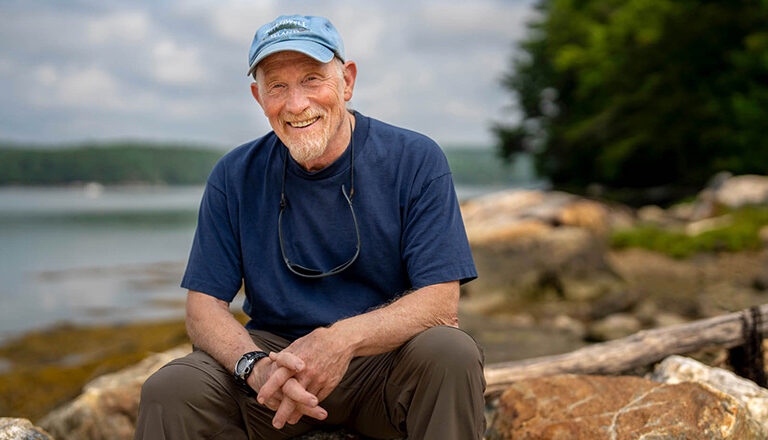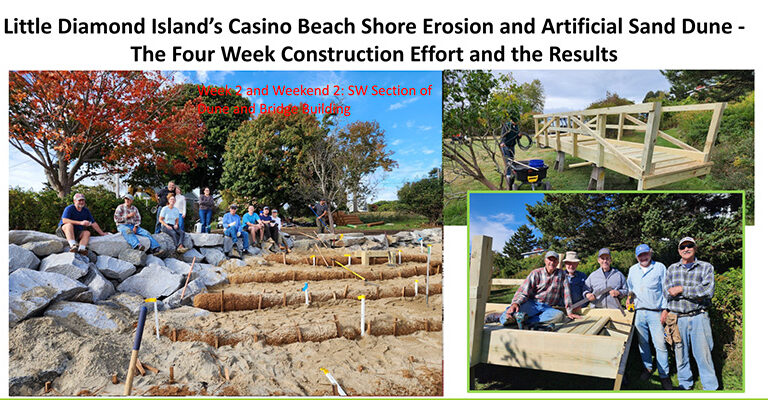Protect the intertidal
To the editor:
In an opinion piece in The Working Waterfront July issue, Richard Qualey argues that the Maine intertidal zone between high and low tide should be universally accessible to the public. The current state of the law (and since 1647) is that the intertidal is privately owned but subject to public trust rights to only three activities: fishing, fowling, and navigating.
Qualey is one of the Archipelago lawyers representing 24 plaintiffs in the 2021 so-called “Moody Beach” case. The plaintiffs claim the intertidal rocky shore and beaches should be accessible to anyone.
In a 2019 decision, the Maine Supreme Judicial Court declared that rockweed (seaweed) harvesting is not “fishing” and therefore not a public trust activity and reiterated that the intertidal zone is privately owned (Ross v. Acadian Seaplants).
I cannot help but notice that nine of the 24 plaintiffs in this “beach” case are in the business of rockweed harvesting/processing.
Somehow the media is overlooking the fact that besides allowing unrestricted access to private beaches, this case is about allowing unfettered commercial extraction of Maine’s underwater rockweed forest, an essential habitat for hundreds of small animals and numerous marine species that are the basis of our fisheries.
Rather than supporting Maine’s fishing industry, commercial harvesting of rockweed forest severely alters the nursery and shelter that is habitat for many of Maine’s commercial fisheries (cod, pollock, lobster, alewives, striped bass, and many others). We can only hope that the Maine Judicial Supreme Court declines to overturn a unanimous decision the Court made only five years ago for the good of Maine’s commercial fisheries and all the statewide economic activity that our fisheries generate.
David Porter
Brooklin
Co-founder of Blue Hill Peninsula Rockweed Forum





